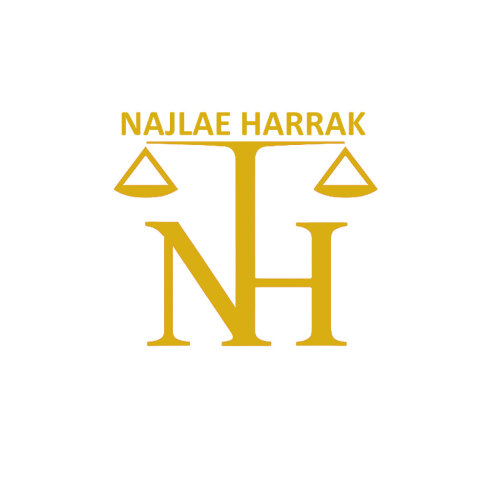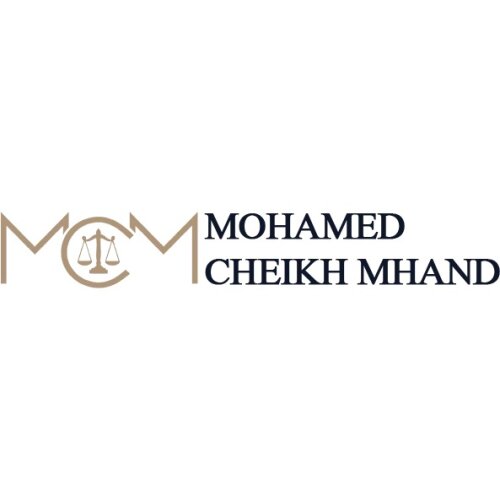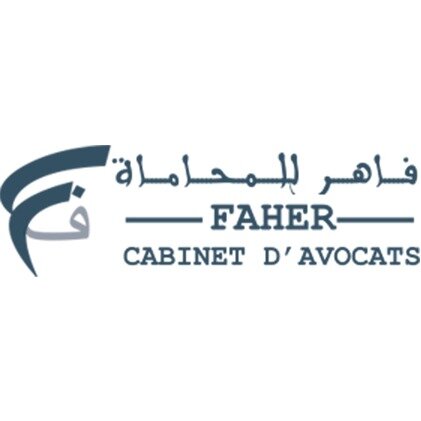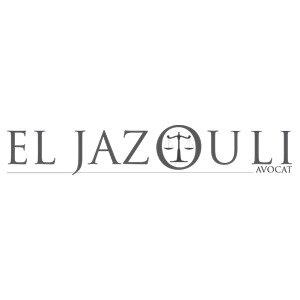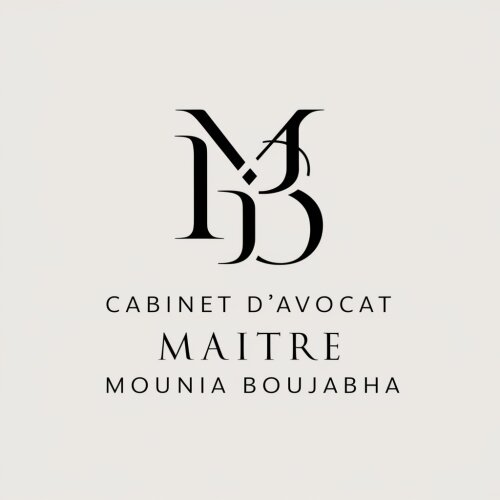Best Family Lawyers in Morocco
Share your needs with us, get contacted by law firms.
Free. Takes 2 min.
Free Guide to Hiring a Family Lawyer
Or refine your search by selecting a city:
List of the best lawyers in Morocco
About Family Law in Morocco
Family law in Morocco is governed by the Moroccan Family Code, also known as the Moudawana, which was reformed significantly in 2004 to improve the rights of women and ensure more equitable family relations. The Moudawana outlines regulations regarding marriage, divorce, child custody, and inheritance. Morocco’s family law system blends traditional Islamic principles with modern legal frameworks, reflecting the country's cultural and religious heritage. The law prioritizes the protection of family rights, children's welfare, and the marital bond.
Why You May Need a Lawyer
Individuals might require legal assistance in family matters for several reasons:
- Marriage and Prenuptial Agreements: Preparing and understanding marriage contracts or prenuptial agreements.
- Divorce Proceedings: Navigating the complexities of divorce, including custody, alimony, and division of property.
- Child Custody and Support: Ensuring fair arrangements for the upbringing and financial support of children.
- Adoption: Handling the legal process and requirements for adopting a child.
- Inheritance and Succession: Managing estate distribution and understanding inheritance laws.
- Domestic Violence: Seeking protection and addressing legal issues related to domestic violence.
Local Laws Overview
Several key aspects of family law in Morocco include:
- Marriage Age: The legal marriage age is 18 for both men and women. Judicial exceptions can allow marriage at 16 under certain conditions.
- Polygamy: Permitted but highly regulated. A husband must obtain the consent of his first wife and the court's permission, proving his ability to support multiple families.
- Divorce: Both men and women may initiate divorce, but different processes apply, such as talaq, mutual consent, or judicial divorce for cause.
- Child Custody: Typically granted to the mother, with the father responsible for child support. The child's best interest is the guiding principle.
- Inheritance: Based on Islamic principles, with fixed shares allocated to relatives. Women inherit half as much as their male counterparts.
- Domestic Violence: Penal code provisions protect against domestic violence, offering legal recourse and protection orders.
Frequently Asked Questions
What are the legal requirements for marriage in Morocco?
Both parties must have reached the legal marriage age of 18, consent to the marriage, and obtain parental consent if under 18. An official marriage contract (nikah) needs to be signed.
Can foreigners get married in Morocco?
Yes, but they must provide proof of legal capacity to marry, birth certificates, and possibly religious affiliation documents.
How is divorce initiated in Morocco?
Divorce can be initiated by either spouse through judicial procedures. The process involves court intervention to ensure fair settlements and protection of rights.
What are the rights of a mother in custody cases?
The mother is typically granted custody unless deemed unfit, with the father's role being the financial support provider post-divorce.
Is prenuptial agreement recognized in Moroccan law?
Yes, prenuptial agreements must be legally documented and can outline terms for the division of assets and financial responsibilities.
What steps are involved in adopting a child?
Prospective parents must apply for legal guardianship (kafala), follow procedures ensuring compatibility and capability, and finalize the process through the family court.
How are inheritance disputes resolved?
Cases may be brought to family courts, adhering to Islamic inheritance laws to determine rightful shares among heirs.
Can I challenge domestic violence in court?
Yes, victims can report incidents to authorities, seek restraining orders, and pursue legal action under penal code protections.
Are there legal protections for women in polygamous marriages?
Laws ensure women have a say in consenting to a husband's further marriage and require material guarantees for existing families.
What happens to joint property in a divorce?
Property acquired during marriage is typically split equitably, with courts intervening to ensure fair allocations based on contributions.
Additional Resources
For further assistance, the following resources may be helpful:
- Ministry of Justice: Provides legal assistance and resources related to family law.
- Bar Association of Morocco: Offers referrals to qualified family lawyers.
- Family Court: Handles cases related to divorce, custody, and support, providing legal guidance.
- Women's Support Organizations: Groups like Union de l'Action Féminine offer support and advocacy for women's rights in family matters.
Next Steps
If you require legal assistance in family matters, consider the following steps:
- Research and Identify Your Needs: Clearly articulate your legal issue to understand which area of family law is relevant.
- Consult a Legal Professional: Seek advice from a lawyer specialized in Moroccan family law to guide you through the process.
- Gather Necessary Documentation: Collect relevant legal documents and personal records needed for your case.
- Engage with Legal Support Services: Utilize available resources and support organizations for additional assistance and guidance.
- Attend Mediation or Court Hearings: Be prepared for potential mediation or court proceedings as part of resolving your family law matter.
Lawzana helps you find the best lawyers and law firms in Morocco through a curated and pre-screened list of qualified legal professionals. Our platform offers rankings and detailed profiles of attorneys and law firms, allowing you to compare based on practice areas, including Family, experience, and client feedback.
Each profile includes a description of the firm's areas of practice, client reviews, team members and partners, year of establishment, spoken languages, office locations, contact information, social media presence, and any published articles or resources. Most firms on our platform speak English and are experienced in both local and international legal matters.
Get a quote from top-rated law firms in Morocco — quickly, securely, and without unnecessary hassle.
Disclaimer:
The information provided on this page is for general informational purposes only and does not constitute legal advice. While we strive to ensure the accuracy and relevance of the content, legal information may change over time, and interpretations of the law can vary. You should always consult with a qualified legal professional for advice specific to your situation.
We disclaim all liability for actions taken or not taken based on the content of this page. If you believe any information is incorrect or outdated, please contact us, and we will review and update it where appropriate.
Browse family law firms by service in Morocco
Morocco Attorneys in related practice areas.
Browse family law firms by city in Morocco
Refine your search by selecting a city.





